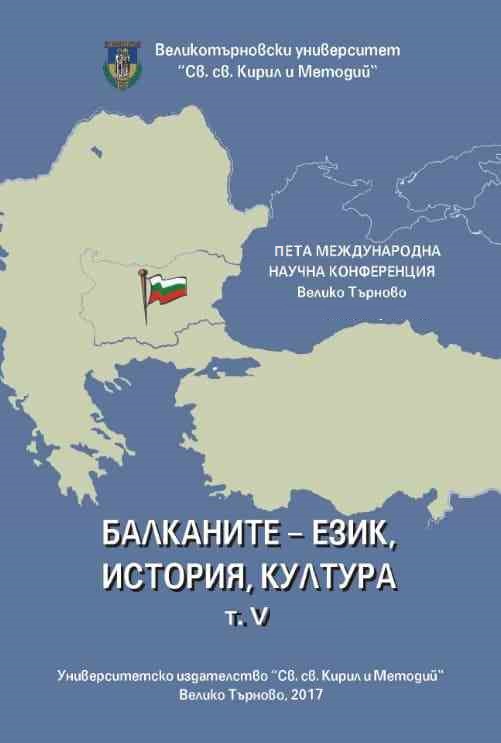Съвременни геоикономически аспекти на Балканите
Contemporary Geo-economic Aspects of the Balkans
Author(s): Lachezar YordanovSubject(s): History, Social Sciences, Geography, Regional studies, Regional Geography, Sociology, Economic history, Special Historiographies:, Economic development, Post-Communist Transformation
Published by: Великотърновски университет „Св. св. Кирил и Методий”
Keywords: Balkans; economy; geoeconomics; World Financial Crisis; Gross Domestic Product
Summary/Abstract: The Balkan economies have always been evasive in their development. That is partly because of the ravaging wars they had suffered in the last century. On the other hand, most of the countries (except Greece) were under the Communism regime for approximately half a century. Some of them were satellite states of the Soviet Union, i.e. Bulgaria and Romania, to à great extent. The western Balkan countries were part of the Federal Republic of Yugoslavia. During that period of half a century the Balkan economies were in state of slow development. In the 1990s these countries began their economic transformation to market-based economy. The process, however, was evasive but for some of them it was economical thrive. Some of the economies were not able to catch up the development of other European countries that were also under the Communism regime. When the World Financial Crisis happened in 2007 the Balkan economies were in shock. Recession occurred. Aim of this article is to analyze how the Balkan economies are handling the effect of the financial crisis, and how they are developing. We have used typological approach in order to distinguish two groups of countries that have similarity in their economic development.
Journal: Балканите – език, история, култура
- Issue Year: 5/2017
- Issue No: 1
- Page Range: 390-401
- Page Count: 12
- Language: English, Bulgarian

